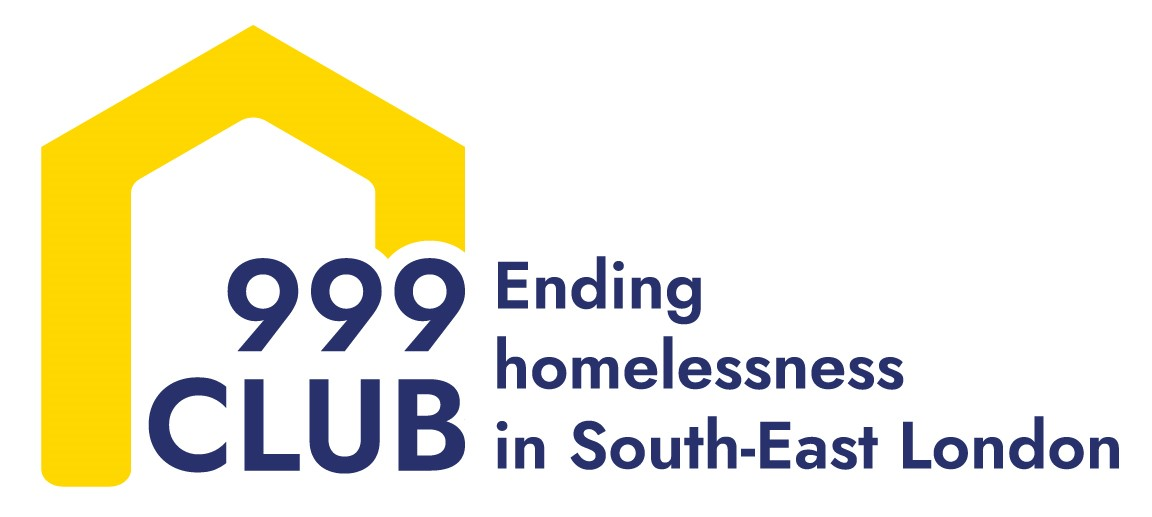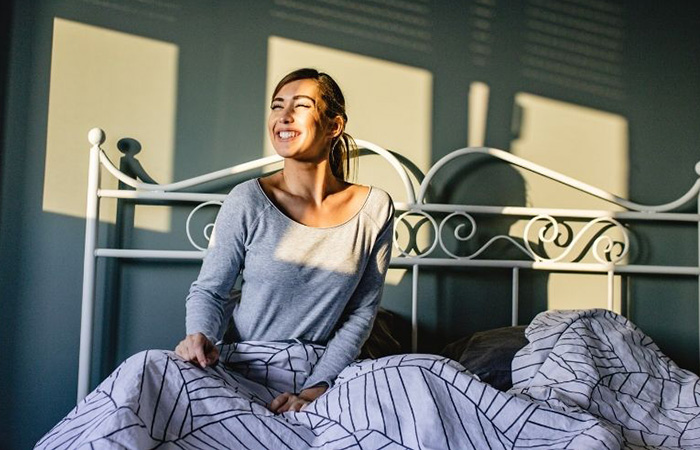“I’m wide awake Dad! Let’s read a book!” my 7-year-old daughter proclaimed excitedly. It was 2am. I had been fast asleep. She wanted to explore the joyous expanse of the universe, to use her imagination, to raid the fridge, to play, to mess about. I wanted to go back to sleep. More accurately, I wanted not to have been woken up in the first place and deeply regretted letting her have a cookie before bed. I was sure that the sugar had had some form of delayed impact.
I was thinking about this (far too common!) experience and the impact it has on me, as I read another self-help article about “sleep hygiene”. Evidently, sleep is now big business, and all kinds of gadgets and gizmos promise to finally give you that blissful 8 hours about which you’re fantasising.
There are lavender sprays, weighted duvets, white noise machines, and blackout curtains. That’s not to mention all the practices you are apparently meant to adopt, from no screen time, to getting into bed an hour before you’re going to sleep to special yoga routines. All of these promise to help you drift off and keep the dreaded insomnia at bay.
The whole cottage industry was boosted a few years ago when a book entitled “Why we sleep” rocketed to the top of the bestseller lists. Some have disputed the exact findings and detail of the book’s argument, but we all know deep down that if we do not get enough sleep, it’s much harder to do anything the next day.
If you experience homelessness, the chances are that you will not have had a good night’s sleep. That’s true if you’re sleeping on the streets; it’s true if you’re in unsuitable temporary accommodation or sleeping on the floor of someone you do not know that well. It’s true if you spent the night walking or riding the bus or hiding in a depot or a car park.
If you work in a service for people experiencing homelessness, it’s not uncommon to see people sleeping during the day. For example, people that come to 999 Club sometimes fall asleep. Sometimes staff or volunteers want to wake them up. This is for perfectly honourable and decent intentions. We want to help people escape homelessness for good, which will not happen while they’re asleep.
However, we do not wake people up for the simple reason people sleep because they are sleepy and need to sleep. Once they wake up and have had a bit of rest, we can talk with them about finding a place to live or finding a job. It will be a much better conversation if they are a bit better rested.
Imagine how the conversation would go if someone were woken up from the first sleep they’ve had in ages and the first thing they heard was “excuse me, have you put in a homelessness application to the council?”. This is a family-friendly blog, so I will let you fill in the blanks but suffice to say, that approach can lead to a fairly robust exchange of views.
If you want to help people escape from homelessness, you need to try to understand how they are experiencing the world and take that into account. You cannot wish it away.
The best way to help someone get a decent night’s sleep is for them to have a safe and secure place of their own. That’s what we are focused on. That and to not give your kids cookies before bed!

